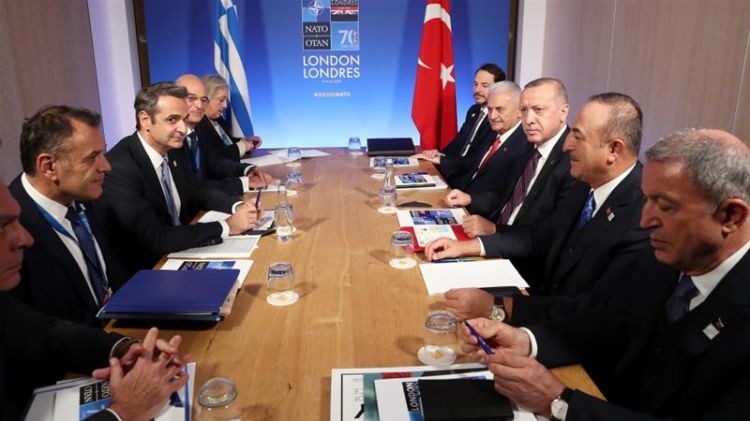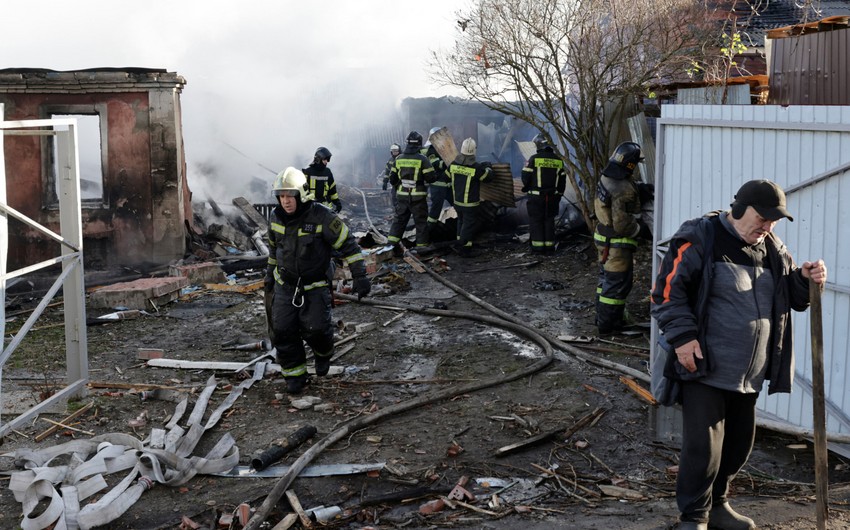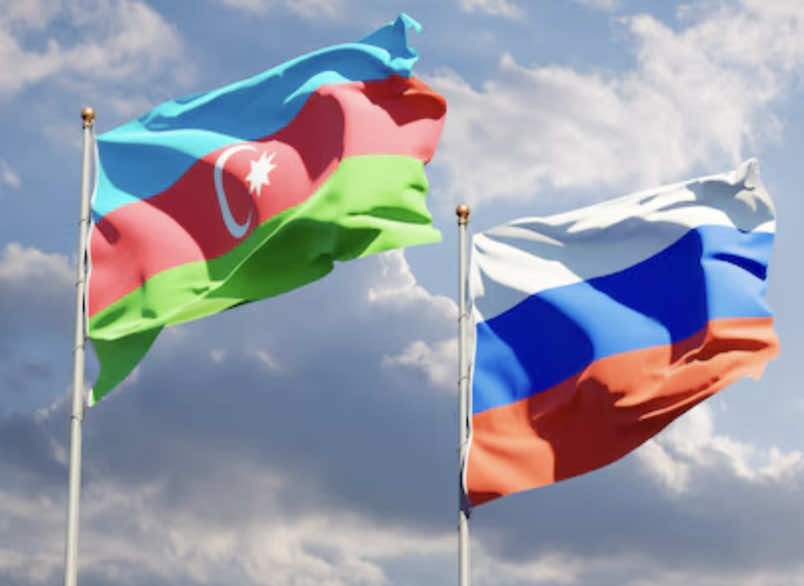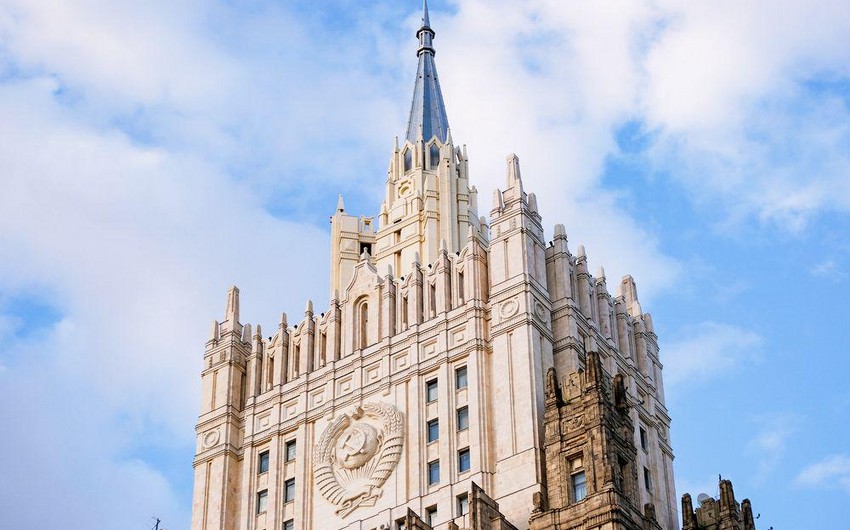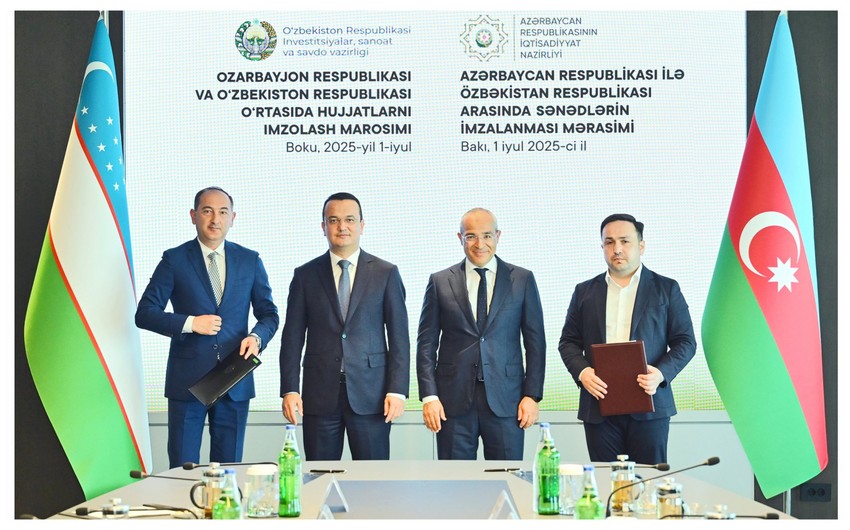Giorgos Kentas, an expert on the international relations gave exclusive interview to Eurasia Diary portal regarding the current tension between Greece and Turkey in the Eastern Mediterranean. Giorgos Kentas is Associate Professor of International Politics and Governance at the University of Nicosia. Program Coordinator, Master Program in Public Administration.

- Mr Kentas, do you think that the intensification of the tension between Greece and Turkey in the Eastern Mediterranean would cause a military confrontation in the region?
- That is a possibility that no party must have as the first best choice. But, as the situation escalates perceptions and intentions will change. Turkey has a plan to complete a program of seismic surveys and then proceed with some drilling activates. Greece has a plan to contain Turkey’s activities, but it is not clear what it really intends – or it is ready to do – to achieve its goals. A month ago or so, Greece declared that it would not afford any illegitimate seismic surveys in its maritime zones. In the end, it could not stop Turkish vessels.
What is clear is that Turkey will not stop the seismic surveys it planned to complete. What is not clear is whether Greece is willing to use military force to stop Turkey, since there is no other way to thwart the plans of Turkey.
Another issue is whether Greece’s reaction would be different if Turkey attempts seismic surveys in the maritime zone Greece delimitated with Egypt. Ongoing Turkish activities take place in areas Greece claims as its own waters. Athens is confident to defend these waters, but so far not willing to confront Turkey by military means. Overlapping claims make the situation quite uncertain. But, if Turkey enters maritime areas which Greece considers part of the exclusive economic zone it delimitated with Egypt, the situation will be more difficult. At that point, we will see the way Greece is willing to defend maritime areas under its sovereign jurisdiction.
In sum, Turkey clearly maintains an offensive posture in pursuing its interests in maritime zones it considers part and parcel of the so-called “Blue Homeland”. Greece, on the other hand, maintains a defensive posture in pursuing its interests. Greece also claims to follow some kind of deterrence policy. That policy however does not seem to be clearly defined, i.e. Greece did not declare the point (a move by Turkey) that will lead into military retaliations.
The tools (theories and methods) we have for explicating the current crisis should lead us to conclude that military confrontation will be more possible to materialize as long as Turkey moves with determination and Greece is pushed to respond. The redlines of each side are still to be known.
- Do you think that the United Nations and the European Union could mediate in the negotiations over the promotion of conflict resolution between Greece and Turkey?
- Neither the UN nor the EU is able to mediate between the sides. UN cannot take any substantial action without Security Council authorization. I don’t see it coming. Equally, I cannot see the Secretary General nominating a special envoy for the Greco-Turkish dispute. UN could be relevant if military action is taken. But again, UN will be a latecomer.
EU appears more relevant in taking some initiatives. Turkey is a candidate country for membership to the Union. Also, Turkey has completed a Customs Union Agreement with the EU. Trade and business relationships between Turkey and EU member states cannot be ignored. Turkey also has some lever on the EU in relation to millions of migrants/refugees it hosts. Turkey however is in conflict with Cyprus and Greece, two member states with veto power over essential elements of EU-Turkey relations. There is indeed a trend among EU member states to be more skeptic towards Turkey. There is some essential incapability in addressing incompatible interests among EU member states vis-à-vis Turkey, as well as in addressing some incompatible interests between Turkey and EU.
From time to time, large member states take some initiatives to ease tension and open possibilities for dialogue and peaceful resolution of disputes. However, the complexity of Greco-Turkish disputes (and the Cyprus Problem) cannot be addressed by simplified approaches. The EU cannot formulate a common position over the most demanding aspects of the ongoing dispute. The EU must decide where it stands. Sanctions and restrictive measures can hardly match with middle ground diplomacy. What does EU aim? To contain Turkey? To support Greece? It’s not clear at all.
For sure, the EU cannot be neutral
- The demarcation of maritime zones among the littoral states of the Eastern Mediterranean has not been solved until today. What are the main reasons for that?
- There has been some maritime delimitation in the Eastern Mediterranean. Cyprus delimitated its maritime zones with Egypt in 2003, Lebanon in 2007 and Israel in 2010. These agreements were possible within certain geopolitical contingencies. It is true that Cyprus took many by surprise. Israel, Egypt and Cyprus have some advanced energy programs in Eastern Mediterranean that yielded some considerable offshore discoveries of natural gas resources.
As of 2003, just a day after Cyprus concluded its first delimitation agreement with Egypt, Turkey launched a comprehensive program to reverse the situation and fill-in the strategic gap in Eastern Mediterranean. “Ankara tried to persuade all countries that completed delimitation agreements with Cyprus to cancel these agreements.” This refers to proposals made to Egypt, Israel and Lebanon. That option did not work and it will not work. The alternative for Turkey was to claim its interests via the use or the threat to use force. In the case of Cyprus, Turkey took some bold actions in containing, restricting and even thwarting Cyprus’ energy program. In fact, Turkey uses its naval superiority to control Cyprus’ maritime zones de facto.” Still Turkey failed to de-legitimize the sovereign rights of Cyprus before international organizations, regional actors and global powers. To the contrary, all recognize Cyprus’ rights over its maritime zones.
In the context of the Greco-Turkish dispute, things emerge in a different setting. There are two fronts to consider. The first concerns the Aegean. That front is open to overlapping claims. The second front concerns agreements between Turkey and Libya and between Egypt and Greece where maritime zones have been delimitated. Egypt is not – and it does not want to be – part of the Greco-Turkish dispute. Libya has no means to claim its rights/interests by itself. The conflict comes to the point where Greece and Turkey will need to deal with the dispute. Their approaches however are fundamentally incompatible. I don’t see a diplomatic solution to that dispute. Equally, I cannot see an open war between the two countries. It will take a lot of time to settle this dispute. Conflict will escalate and no one should exclude some kind of military confrontation.
Turkey took this issue totally wrong. Maritime delimitations in Eastern Mediterranean may be concluded under a spirit of status quo preservation. Turkey maintains a revisionist approach, which causes insecurity to the region.
I will not be surprised if the next opportunity for maritime delimitation in Eastern Mediterranean will concern Cyprus and Syria.
- What do you think; could Athens and Ankara find the solution to their dispute by applying the International Arbitration Court over exploration rights in the Eastern Mediterranean?
- Much is said in the context of the previous answer. The bottom line is that, Greece believes that it will be able to maintain its rights (and hence contain Turkey) via diplomacy, regional collaborations and allied support. Turkey thinks that it has the might to claim its interests by itself, against everyone else. Greece anticipates a better diplomatic setting to settle the delimitation dispute with Turkey through international arbitration. Turkey proposes all elements of the dispute to be sent for arbitration. In the meantime however, Turkey appears confident in imposing a new state of affairs in Eastern Mediterranean which will offer political and legal advantages over Greece and Cyprus.
- France supports Greece and Cyprus in the tension with Turkey. Paris condemns Ankara for violating the sovereign territory of Greece in the Eastern Mediterranean. French warships have been holding military exercises with Greece and Cyprus near the territorial waters of Turkey. Do you think that France is trying to deteriorate the situation in the region? Also please tell us, what are the main interests of the Macron government in the Eastern Mediterranean?
- France is acting on the basis of two principles; national interest and an attempt to appear as a regional actor with a higher moral ground than Turkey. Last February the French Minister of Defense said that the French navy will come to the Eastern Mediterranean to deter Turkey’s illegitimate drilling activities. There is indeed a lot of symbolism in France’s intervention. But all that stop short (at least for the moment) from direct confrontation with Turkey. There is some exchange of words and statements; not enough to have substantial impact. Will France lead a strategic alliance to contain Turkey by means of military deterrence? I don’t see that coming. But I see France determined to intervene in case the conflict in the Aegean or Cyprus goes really ugly. France has a clear goal: To prevent the emergence of a Turkish regional hegemony. It tries to promote some kind of determination to prevent military escalation. To be effective France needs to declare a doctrine of containment against Turkey. But how will the latter respond?
France feels like there is a power gap and some kind of legitimacy gap in Eastern Mediterranean and the Middle East. There is a sense that France claims regional influence and a role of a regional power. This will be a very expensive and demanding enterprise.
Interviewed by Yunis Abdullayev

